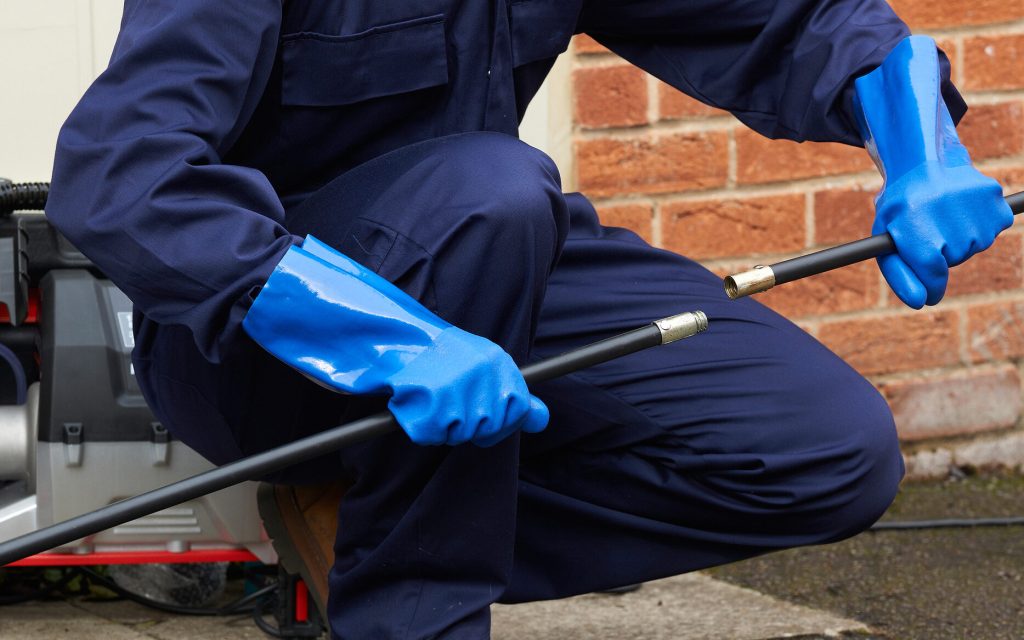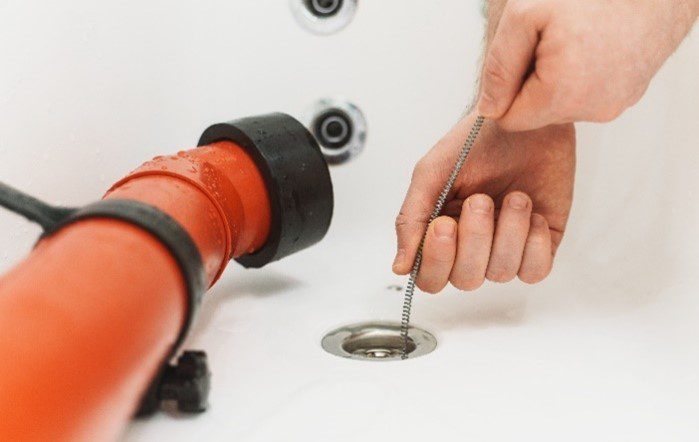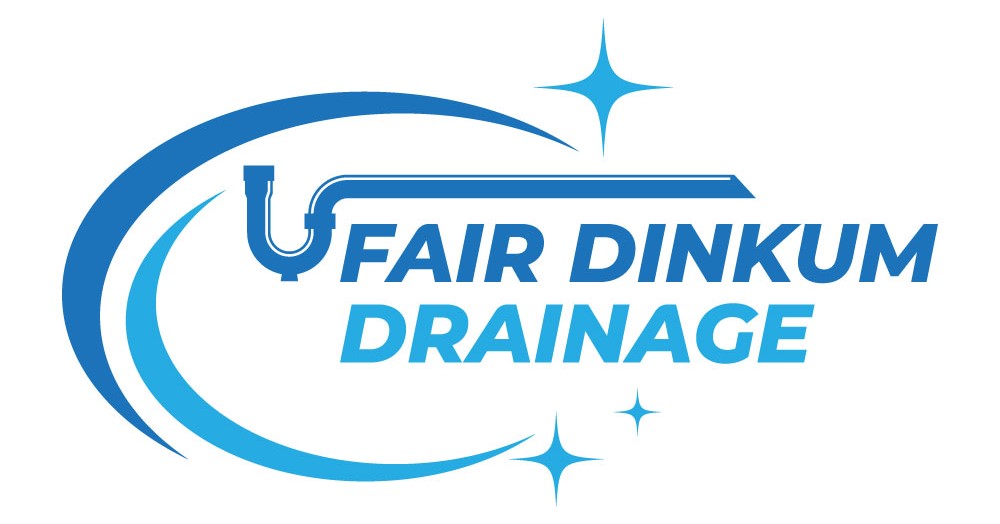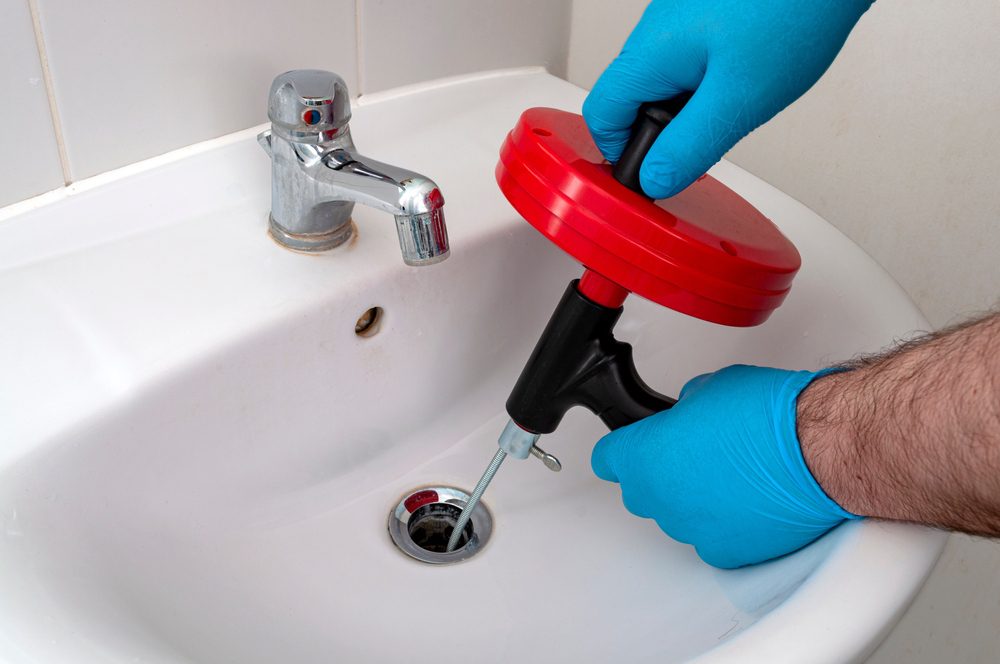Drain blockages are a common plumbing problem that can cause significant inconvenience and even property damage if left untreated. Detecting and repairing drain blockages is crucial for the proper functioning of your plumbing system and the overall health of your home. In this blog, we will discuss how to detect a drain blockage and when to call for professional repairs.
There are several causes of drain blockages, including the buildup of debris, foreign objects, tree roots, and more. It is essential to detect and repair these blockages as soon as possible to prevent further damage to your plumbing system. Let’s dive deeper into the signs of a drain blockage and how to detect it.
Signs of a Drain Blockage
There are several signs that you may have a drain blockage. Here are some of the most common ones:
- Slow drainage: If the water takes longer than usual to drain, it could be a sign of a partial blockage in your pipes.
- Gurgling sounds: If you hear gurgling sounds coming from your drain, it could indicate air trapped in your pipes due to a blockage.
- Foul odors: If you notice unpleasant smells coming from your drain, it could be a sign of a buildup of debris or sewage.
- Backups and overflows: If water or sewage is backing up from your drain or toilet, it is a clear indication of a severe blockage that requires immediate attention.

Methods for Detection
- Visual inspection: A visual inspection can help identify any visible blockages or damage to your pipes.
- Drain cameras: A drain camera can be inserted into your pipes to detect any blockages, damage, or leaks.
- Drain cleaning: Regular drain cleaning can help prevent blockages and identify any potential issues before they become severe.
Common Causes
- Hair and soap scum buildup: Hair and soap scum can accumulate in your pipes, leading to blockages over time.
- Food waste and grease: Pouring food waste and grease down your drain can cause blockages and damage your pipes.
- Tree roots: Tree roots can invade and damage your pipes, causing blockages and leaks.
- Foreign objects: Flushing foreign objects down the toilet or pouring them down the drain can cause severe blockages.
DIY Drain Blockage Services
There are several DIY methods for clearing drain blockages, such as:
- Plunging: A plunger can be used to clear minor blockages in your sink or toilet.
- Drain snakes: A drain snake can be used to dislodge blockages further down your pipes.
- Chemical cleaners: Chemical cleaners can dissolve some types of blockages, but they should be used with caution as they can damage your pipes or harm the environment.

When to Call for Professional Repairs
- While DIY methods can be effective for minor blockages, you should call a professional plumber for severe blockages or recurring issues. Here are some instances where you should call for professional repairs:
- Extensive blockages: If the blockage is severe and cannot be cleared with DIY methods, it is time to call a professional plumber.
- Reoccurring blockages: If you are experiencing recurring blockages, it could be a sign of a more significant underlying issue that requires professional attention.
- Potential damage to pipes: If you suspect that your pipes are damaged or at risk of damage, it is essential to call a professional plumber to prevent further harm.
Professional Drain Repair Options
- Hydro jetting: Hydro jetting is a high-pressure water cleaning method that effectively removes blockages and debris from your pipes.
- Pipe relining: Pipe relining involves inserting a new liner into your existing pipes to repair any damage and prevent future blockages.
- Excavation and replacement: If your pipes are severely damaged, excavation and replacement may be necessary to restore your plumbing system’s proper functioning.
Prevention Tips
Preventing drain blockages is essential to maintaining the health of your plumbing system. Here are some prevention tips to keep in mind:
- Regular drain cleaning: Regular drain cleaning can help prevent blockages and identify potential issues before they become severe.
- Proper disposal of waste: Dispose of waste properly by throwing it in the trash instead of pouring it down the drain or flushing it down the toilet.
- Tree maintenance: Regular tree maintenance can prevent roots from invading and damaging your pipes.
Detecting and repairing drain blockages is crucial for maintaining the proper functioning of your plumbing system and preventing property damage. If you suspect that you have a drain blockage, be sure to take action promptly by using DIY methods or calling a professional plumber. Additionally, taking preventative measures such as regular drain cleaning and proper waste disposal can help prevent future blockages and maintain the health of your plumbing system.

